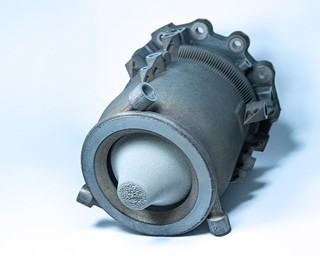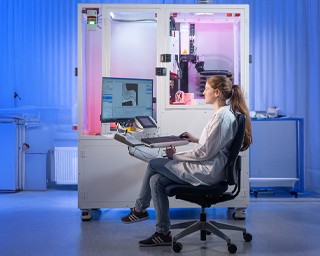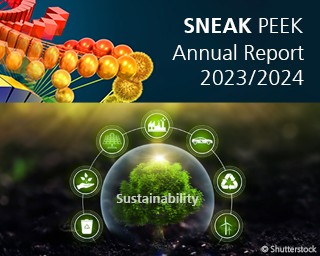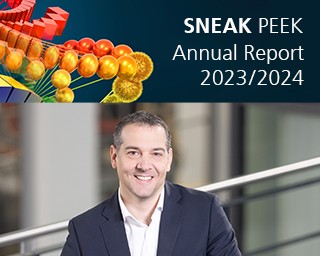First Successful Test of a Generatively Manufactured Aerospike Engine Using Hydrogen Peroxide-Kerosene Propellant / 2025
Innovative Hot Gas Test: A Milestone for Aerospike Engines

A consortium comprising Fraunhofer IWS, the TUD Dresden University of Technology, ArianeGroup, and the Warsaw Institute of Aviation has achieved a significant breakthrough in aerospace engineering: the first successful hot gas test of a 3D-printed aerospike engine powered by a combination of sustainable hydrogen peroxide and kerosene propellant. This project was conducted under the ESA-funded ASPIRER initiative. The test results hold the potential to enhance the efficiency of space missions significantly.
more info Fraunhofer Institute for Material and Beam Technology IWS
Fraunhofer Institute for Material and Beam Technology IWS







